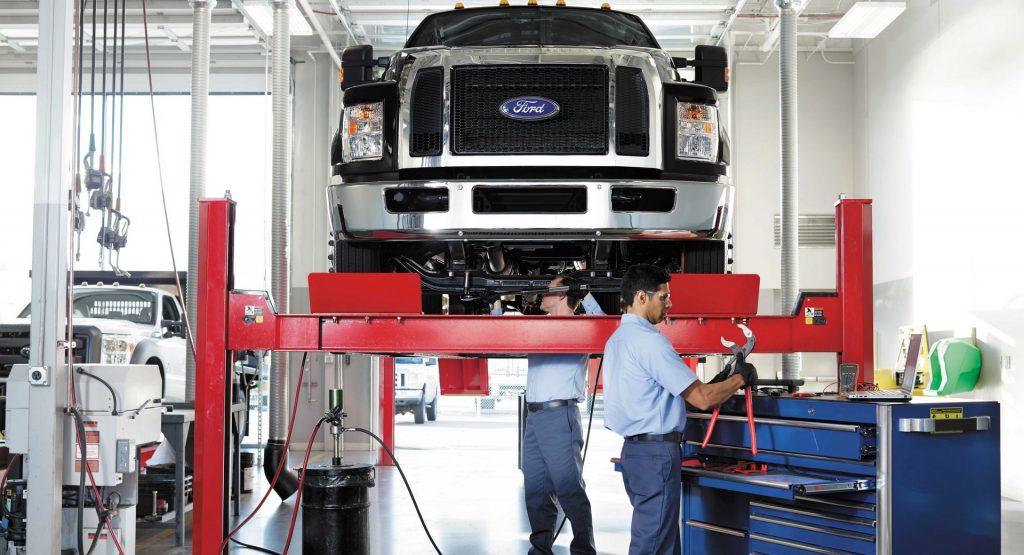The Alliance for Automotive Innovation, a trade group representing General Motors, the former FCA brands, and other automakers, is going to trial to fight a voter-approved measure that would expand access to vehicle data in Massachusetts.
The measure is part of a wider law in the state that would seek to help independent shops protect their ability to work with the increasingly complicated automotive technologies that define new vehicles and ultimately continue to repair new vehicles.
The group, though, sued in November after Massachusetts voters approved a ballot initiative to revise the state’s Right to Repair law. Per Reuters, it contends that allowing all of its information to be gathered in one database would open it to hacking.
Read More: Massachusetts Voters Pass ‘Right To Repair’ Law Designed To Allow Access To Car Data
A lawyer for the group argued that the measure would require automakers to create a central database of all companies’ data. That, said Steven Douglas VP for energy and environment at the Alliance for Automotive Innovation, would put the security of 280 million vehicles at risk.
“That would presumably become the focus point of every hacker, every ransomware hacker, every vehicle thief and every crime syndicate in the world,” said Douglas, per Reuters. “There’s just no possible way that NASTF could maintain that kind of security or that kind of data.”
Lawyers representing the state of Massachusetts argued that automakers already help locksmiths create keys for their vehicles’ increasingly complicated locks. Under questioning by the automotive group’s lawyers, though, it emerged that the group in charge of that had managed to avoid setting up a central database of all company data.
The group’s central argument, though, is that the Massachusetts measure runs counter to federal laws already in place. They say that the measure would require them to degrade cybersecurity controls that relate to safety and emissions functions that are critical and legally required. Since those functions are required by the National Traffic and Motor Vehicle Safety Act and the Clean Air Act, they argue that they trump Massachusetts law.
U.S. District Judge Douglas Woodlock in Boston will ultimately have to decide whether the federal law preempts Massachusetts’ measure.






